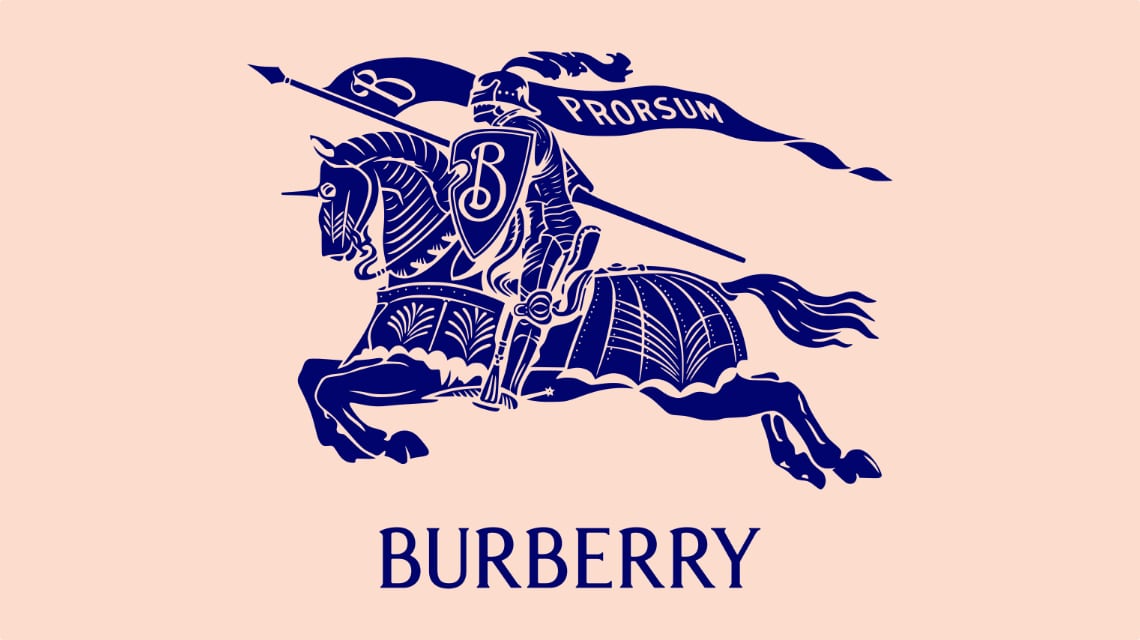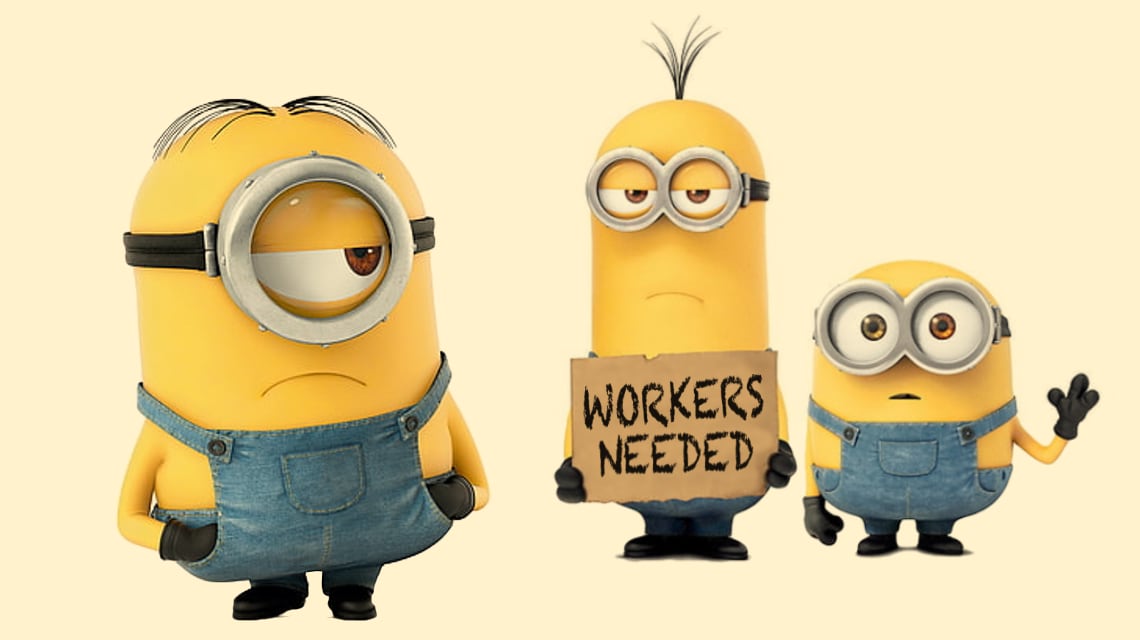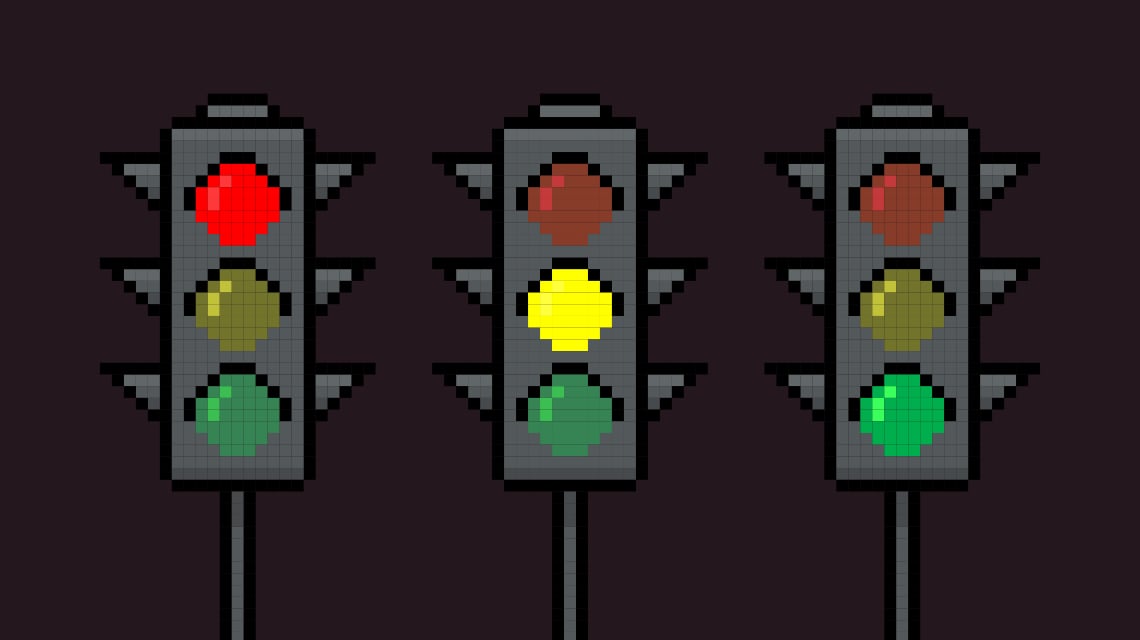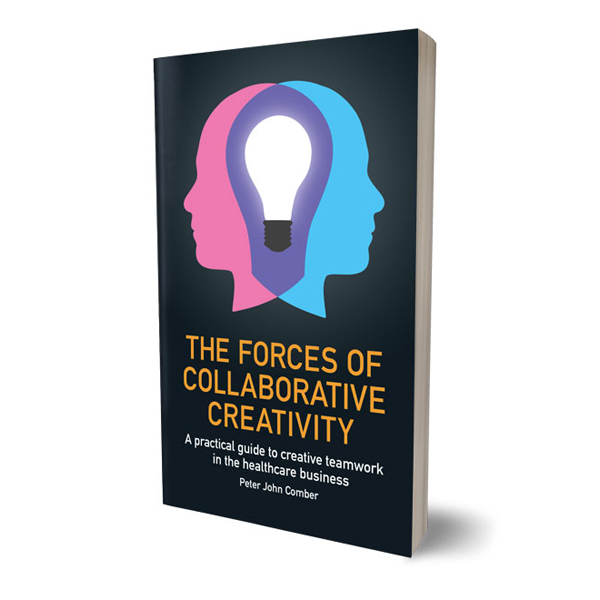You can’t get there from here.
How to transform the monotony of mastery with the excitement of incompetency.
New year, new plans. One of the most common words in those plans must be innovation. If your plan prescribes it, I suggest you explore the liberating effects of incompetency.
Competency is a crutch and a curse. Once we have mastered something, we do it with minimal thought or emotion. Doing things by rote is efficient and reassuring; it is also the opposite of innovation.
The human brain consumes a lot of energy, especially when working at full speed on a problem. Evolution has favoured those who accepted good-enough solutions because the others who, for example, attempted to create the perfect arrow starved to death during its research and development. We are the progeny of pragmatic imperfectionists.
Inexperience makes a new task daunting (for fear of failure) but, when we attempt it, we find it engaging, rewarding, interesting. Without an established solution, we must authorise our brain to run at full creativity to solve problems. Incompetence is inherently innovative but rarely produces valid solutions.
So, if competent people have spent their curiosity and incompetent people are uselessly inventive, how best to pursue innovation?
I use specifically designed creative exercises that provide a novel challenge to the assumptions and routines of competent persons. Thought experiments can reframe the things we have mastered, making us momentarily incompetent (naive, excited, open) but crucially with the practical knowledge of competence intact. I then give these creative exercises to small teams of people with different types of competency relevant to the given task. I assure you the results are always surprising and inspiring because sometimes, you have to step back to move forward.
As the great George Lois said: “The creative act, the defeat of habit by originality, overcomes everything.”




